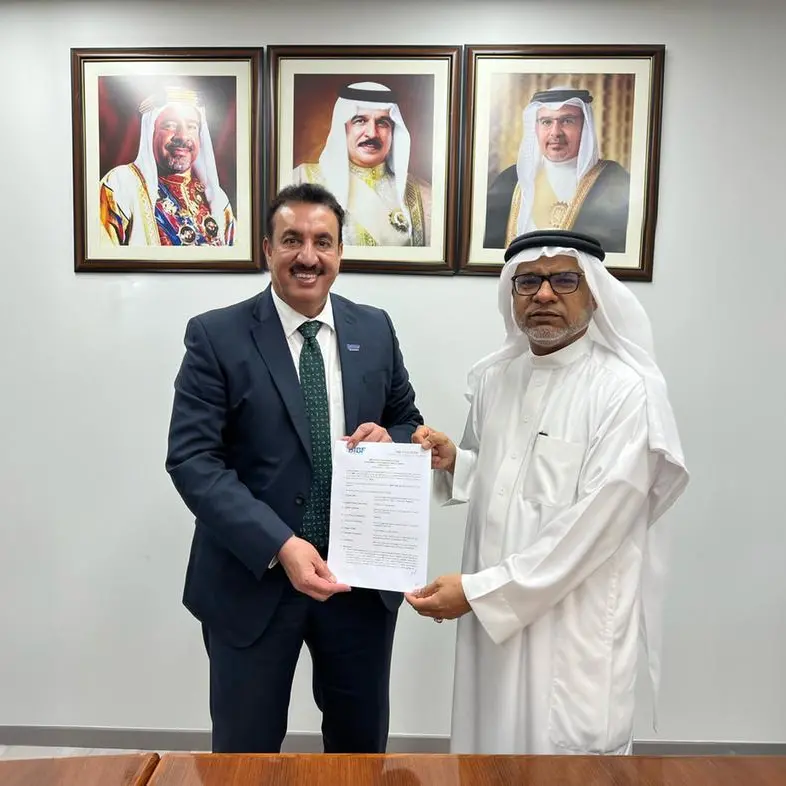PHOTO
Gender bias continues to pose a big threat to the region’s femtech industry, with insiders revealing that women’s healthcare remains underfunded and underresearched.
Speaking at the recent Step Conference 2023 in Dubai, Sophie Smith, founder and CEO of Nabta Health, a hybrid healthcare organisation for women in emerging markets, spoke of the challenges that female-founded companies continue to face today.
“In FemTech, and in women’s health more broadly, a lot of the innovations we see don’t have a digital component. And the movement to establish gender equity in the healthcare space is bigger than technology enablers,” she revealed.
According to Smith, there are two compounding factors that pose a challenge to an evolution in FemTech.
“The first is that the majority of FemTech businesses are founded by women, and investments into female-founded companies in MENA last year constituted only 1.3% of the total. And healthcare ecosystems in general constitute only 4% of the total investments.”
While Smith highlighted the lack of backing women-led startups get from investors, others note that gender bias, which is often unconscious, remains the biggest challenge facing the industry today.
Emaan Abbass, founder of feminine wellness and beauty brand Ketish, was of similar mind, adding, “The founders in femtech are mainly women, and that is a challenge to an ecosystem of investors which is made up mostly of men, causing a gap in the knowledge and understanding of the product that requires funding.”
Chanda Lokendra Kundnaney, founder of the UAE-based organic and biodegradable menstrual care brand LiZZOM, said that despite the challenges, FemTech startups had the chance to successfully court potential investors with the right plan, starting with market research.
“Once you have done your market research, go and see whether the problem you want to solve is defined properly,” she explained. “The next step is to show the investor that there is a potential that needs to be realised. Once it’s defined, then it only requires traction, which can be increased or propelled only if there is a support system in place.”
Nour Emam, founder and CEO of Mother Being, a platform for Arab women to receive education on health, said that to foster an environment of sociocultural dialogue and to drive investment into FemTech requires changes in the system.
“Investors need to invest in the disruptors. We are the ones who are standing here now, and we will pave the way for future FemTech startups.”
(Reporting by Bindu Rai, editing by Seban Scaria)





















